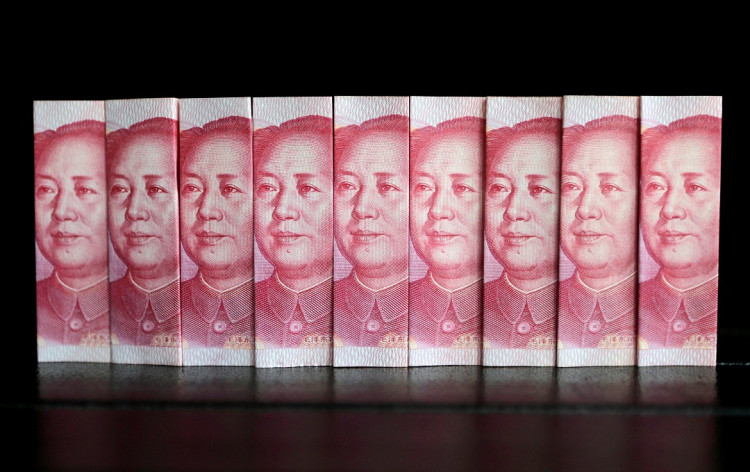In a strategic move to bolster its faltering stock markets, China is considering deploying substantial financial support, with reports indicating a potential infusion of about 2 trillion yuan ($278 billion). This initiative, aimed at stabilizing the market, would involve leveraging offshore accounts of Chinese state-owned enterprises to purchase stocks onshore through Hong Kong markets, according to sources cited by Bloomberg News.
Chinese Premier Li Qiang recently emphasized the urgency of implementing robust measures to stabilize the markets. "We must take more powerful and effective measures to stabilize the market and confidence," Li stated, highlighting the need for consistent macro policy orientations and the enhancement of policy tool innovation. This comes after a challenging period for China's stock markets, with the CSI 300 index falling 11.4% in the last year and Hong Kong's Hang Seng index dropping nearly 14%, marking it as the worst performing major Asian stock market in 2023.
The proposed rescue package, which also includes a 300 billion yuan allocation from local funds, reflects China's commitment to supporting its economy. This is evident from Li's comments at the World Economic Forum in Davos, where he mentioned, "In promoting economic development, we did not resort to massive stimulus." Li also highlighted China's focus on strengthening internal economic drivers over short-term growth measures.
Market analysts are closely watching for further details regarding the timing and specifics of the measures. The plan, as per Bloomberg's report, would involve the use of overseas profits from state-owned enterprises (SOEs) to buy Mainland China-listed stocks via Northbound Connect, necessitating a conversion from US dollars to Chinese Yuan (CNY). Following this news, the CNY strengthened against the US dollar, and the Asia dollar index experienced an uptick.
The proposed market stabilization fund might be expanded with additional support from China's sovereign wealth fund. This development has led to a notable rebound in Hong Kong's market, marked by strong trading volumes and gains in key stocks like Tencent, Alibaba, and Ping An Insurance. The response from the China Securities Regulatory Commission (CSRC), reiterating Premier Li's stance, signifies the government's firm resolve to address the market situation.
Despite the positive reaction in the markets, the proposed fund is not a panacea for China's economic challenges, such as falling real estate prices and sluggish domestic consumption. However, it signifies the government's awareness of the confidence crisis and its willingness to take corrective action. Observers also speculate that developments like the potential listing of Ant Financial could symbolize a turning point in the market's trajectory.
As China's stock markets prepare for potential stabilization measures, the global financial community watches closely. The success of this endeavor could have significant implications for the world's second-largest economy and ripple effects across global markets.






